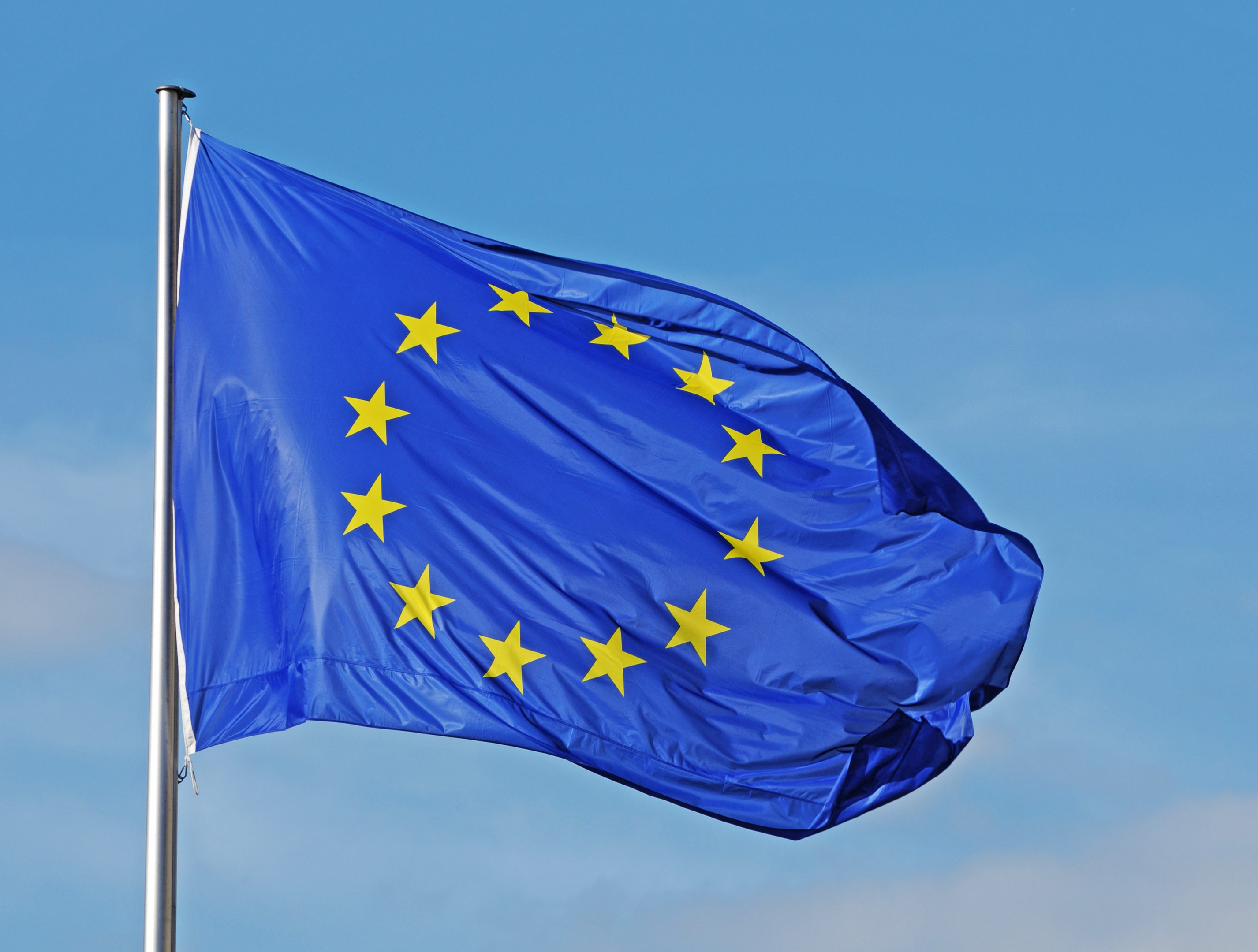
A group of 50 politicians from across Europe have signed a letter stating that an independent Scotland would be “most welcome” as a full member of the European Union.
In the letter to Holyrood’s Presiding Officer Ken Macintosh and MSPs, the signatories pledge their support in ensuring the transition to membership is “as swift, smooth, and orderly as possible”.
The cross-party group includes parliamentarians from Germany, France, Italy, Spain, Belgium, Portugal, Sweden, Greece, Hungary and Malta.
Signatories include German Green MEP Reinhard Hans Butikofer, Malta Labour MEP Miriam Dalli, Greek Green MP Giorgos Dimaras and Slovenian Social Democrat MEP Tanja Fajon.
The letter is also backed by Swedish Centre Party MEP Fredrick Federley, Italian MEP for the centre-right The People of Freedom party Barbara Matera and French ecologist Senator Andre Gattolin.
They state: “Democracy and mutual respect are at the heart of the European project and so, whilst we are saddened by the vote of a small majority for the United Kingdom to leave the EU, we respect this as a democratic decision of UK citizens.
“We recognise that this was not your choice however and that Scotland voted strongly to remain within the EU. The question of Scotland’s constitutional future, and your relationships with the UK and the EU are for the people of Scotland to decide. It is not our place to tell Scotland what path you should take.”
The letter continues: “We regret that the UK’s government has chosen to follow the path of a ‘hard Brexit’ and has so far refused to properly take into account the preferences of Scottish citizens in the withdrawal process.
“Therefore, if Scotland were to become an independent country and decided to seek to maintain European Union membership, we offer our full support to ensure the transition is as swift, smooth, and orderly as possible.
“Scotland would be most welcome as a full member of the European Union, with your five million European citizens continuing to benefit from the rights and protections we all currently enjoy.”
MSPs have voted by 69 to 59 in favour of seeking permission for a second independence referendum but the Prime Minister has repeatedly said “now is not the time”.
The letter was an initiative of Scottish Green MSP Ross Greer and German Green MEP Terry Reintke.
Mr Greer said: “With continuing uncertainty and an absolute lack of any clear plan from the UK government, what’s becoming clear is that there is a tremendous amount of goodwill from across the continent towards Scotland’s European aspirations.
“The only thing standing in Scotland’s way to forging links with Europe is the Westminster government. Our parliament has voted to give the people a choice over their own future and no Tory government at Westminster should stand in the way of that.”
Stephen Gethins MP, the SNP’s Europe spokesman, said: “This is yet another significant intervention which underlines the depth of good will towards Scotland across Europe.
“As this letter shows, there is a lot of sympathy among our European friends and neighbours for Scotland’s position – the people of Scotland voted overwhelmingly to remain in the EU, yet we are being dragged out of the world’s largest single market by a Tory government which we did not vote for.
“In a week in which the idea of Spain vetoing an independent Scotland’s EU membership was finally put to bed, and the man who wrote Article 50 said that Scotland would see ‘a very swift accession negotiation’, it’s clear that the claims made by the No campaign in 2014 are being steadily demolished.
“Politicians across Europe want to engage constructively with Scotland – and if we choose to be independent, they will respect the will of the Scottish people.”

Enjoy the convenience of having The Sunday Post delivered as a digital ePaper straight to your smartphone, tablet or computer.
Subscribe for only £5.49 a month and enjoy all the benefits of the printed paper as a digital replica.
Subscribe